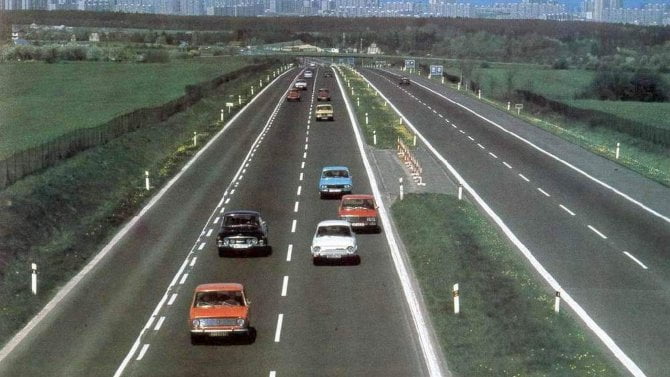...
Emerging economies in southeastern Europe have shown the fastest pace of reform over the past year among countries moving away from communism, but transformation has slowed across the region, the EBRD said.
In its annual report on the region's progress to market economy, the European Bank for Reconstruction and Development said more work was needed to ensure reforms are sustained and can safeguard the region from any global financial crisis.
"Reforms in western Balkans have been encouraged by proximity to European markets (which) has fostered notable progress in institutional reforms," said the EBRD, the development bank for the region.
But it added: "Market-sustaining reforms, including governance and enterprise restructuring, competition policy and infrastructure, remain unfinished."
The risk that global financial woes would hamper the funding of reforms was another reason to speed up change.
"Financial supervisors will need to address many of the vulnerabilities that have emerged, such as poor bank governance, prudential risks and indirect exposure to exchange rate risks," the bank said.
In particular, more reform was needed in retail credit, whose rampant growth in parts of the region threatens financial stability.
BALKAN PROGRESS
Southeastern Europe's patchy reform efforts since the collapse of communism has hampered the area's European Union aspirations.
But the EBRD said progress has been "relatively strong" in 2007, particularly compared with the former Soviet bloc's EU members in central Europe, where the reform drive has hit snags.
The bank praised Montenegro, which took its first step towards joining the EU in October, for maintaining reform momentum since it voted to dissolve its union with Serbia. In particular, it welcomed commitment to trade liberalisation and competition.
Montenegro, the world's newest state, has signed an accord with the EU that put it on the first rung of the ladder to eventual membership, not expected before 2015.
Elsewhere among the former Yugoslav states, a full launch of Serbia's EU accession process is on hold until Belgrade brings war criminals to justice.
Only Croatia is generally seen having a realistic chance of joining the EU in the next five years, with membership for most of the other states seen some time between 2012-15 or later.
The EBRD praised Bosnia for privatisation progress and competition policy and Serbia for enhancing the activity of its competition authority.
However in central Europe, the EBRD said, "a lack of domestic political and social consensus has led to fragile coalition governments that are less inclined to pursue difficult reforms."
In Russia, reforms were limited but the EBRD praised a railway overhaul, while progress in Georgia stood out among other former Soviet states.
The EBRD was established in 1991 to aid the transition of Communist bloc countries to capitalism.
(Reporting by Justyna Pawlak; editing by Ruth Pitchford)
Keywords: EBRD REPORT/BALKANS
[LONDON/Reuters/Finance.cz]




 Šidit, svařovat totálky, kitovat a stáčet tachometry aneb v kůži polského autobazaru. Vyzkoušet pochybné praktiky si teď může každý
Šidit, svařovat totálky, kitovat a stáčet tachometry aneb v kůži polského autobazaru. Vyzkoušet pochybné praktiky si teď může každý
 Řidiči, držte si klobouky. V nadcházejícím roce se změní řada věcí. Víme, které to budou
Řidiči, držte si klobouky. V nadcházejícím roce se změní řada věcí. Víme, které to budou
 Až budete stát v koloně na D1, můžete slavit. Dálniční propojení Prahy a Bratislavy se otevřelo před 45 lety
Až budete stát v koloně na D1, můžete slavit. Dálniční propojení Prahy a Bratislavy se otevřelo před 45 lety
 Test ojetiny: Levná vstupenka do Jaguaru klubu. XF II koupíte za super peníze
Test ojetiny: Levná vstupenka do Jaguaru klubu. XF II koupíte za super peníze
 Test Mitsubishi ASX 1.3 DI-T Instyle (2025): Levná normální auta pořád existují
Test Mitsubishi ASX 1.3 DI-T Instyle (2025): Levná normální auta pořád existují
